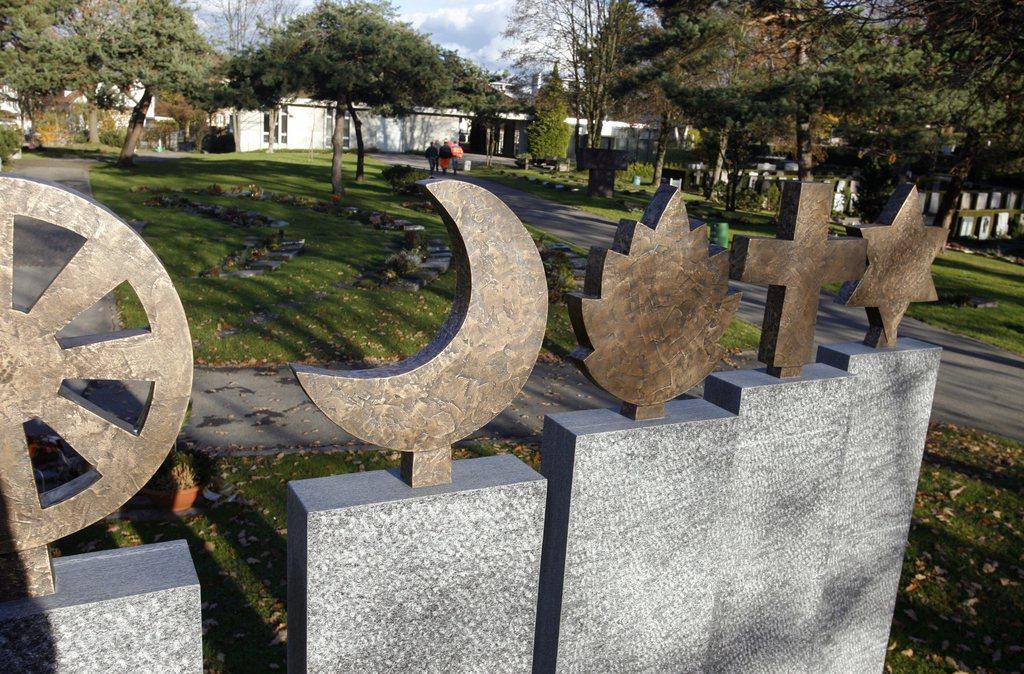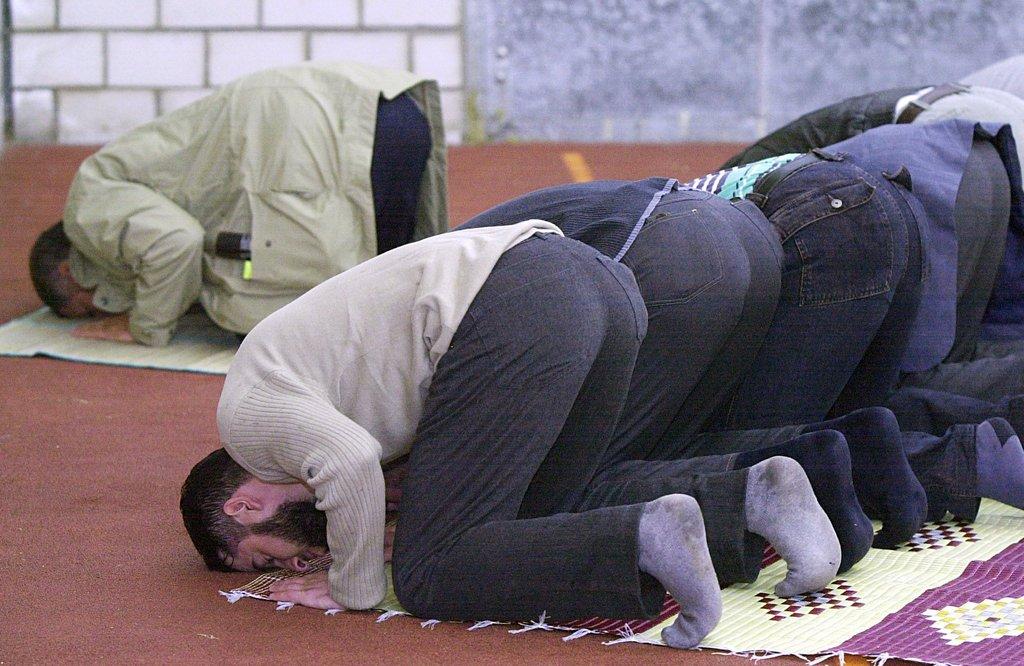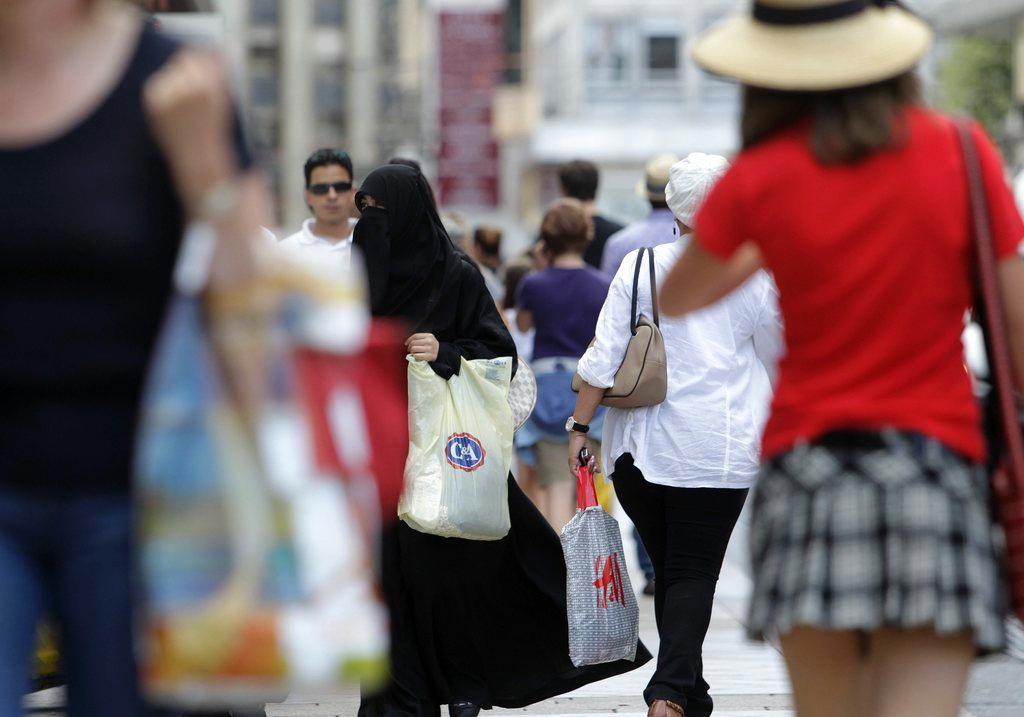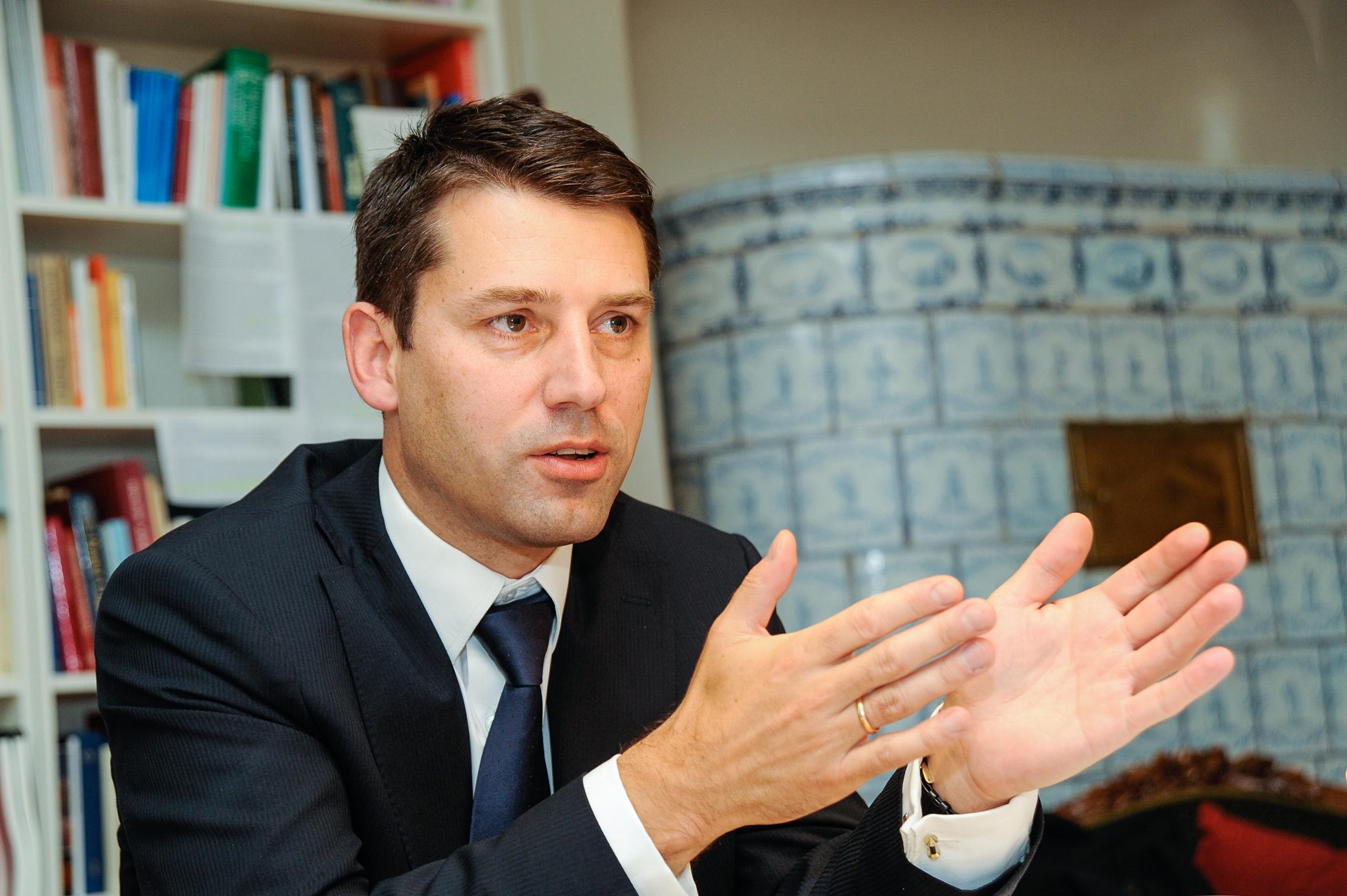Social media divided on religion in school

Do pupils have a right to pray in state schools? An article on this issue published by swissinfo.ch in ten languages lit up social media with hundreds of reactions. Many readers call for the separation of religion and state; others find these prayer spaces do no harm and could even facilitate integration.
The article “Should schools be neutral zones for religion?” dealt with the situation in two Lucerne schools that decided to set up prayer rooms. It also explored the relationship between school and religion.
Here is a selection of reactions that were posted on our Facebook pages. They have been translated from various languages.
‘At school to learn, not to pray’
“I believe that in the state school, studying sciences and languages, there is no room for prayers.” (Catherine, in Russian)
Many of those opposed to designating school prayer rooms maintain that religion is a private matter, and even existing religious instruction should be abolished.
“I find that religion has nothing to do with school … not even Christian religious instruction.” (Christine, in German)

More
Should schools be neutral zones for religion?
“Prayer is something personal and should be done in a private place and not in a public space like school. I am against this liberty which endangers the lay values of Europe.” (Nibal, in Arabic)
“In Switzerland there were decisions to force taking crucifixes out of the classroom. Surely we are not going to start ostentatious praying in schools!” (Isabelle, in French)
‘The solution is pragmatic and should not upset anyone’
While defending the secular nature of the public school, some readers point out that the creation of separate prayer areas should not be confused with the imposition of a religious symbol in class, where all students have to go.
“But if the secular school makes spaces available to pray in, why not derive benefit from it? I agree with the crucifix being taken away because it is a symbol that does not represent all the pupils present in the class…One is not forced to go into spaces dedicated to prayer; for that reason no religion is being imposed on anyone.” (Mar, in Italian)
“Why not? The solution is pragmatic and shouldn’t bother anyone. This way the youths can pray on their class breaks, without disturbing others or being disturbed. What one does in breaks is mainly a personal matter. So prayer should be possible in a religiously neutral place. Yours truly prayed three times a day on breaks during military service – often side by side with a Muslim. That did not bother anyone.” (Leonardo, in German)
‘For better integration and respect for religions’
Another important aspect raised in the debate is that of integration. For some, initiatives like this could facilitate integration of new immigrants of other faiths – or just guarantee equality of rights between Swiss citizens of different religions.
“For better integration and for showing respect to followers of all religions, such actions must be encouraged and welcomed. (…) Laicity, in my opinion, does not mean banning followers for practicing religious obligations, rather, it means equal opportunity and respect for the followers of all religions.” (Sohrab, in English).
“The separation of religion and state means separating religion from politics and not religion from school life. Given that Switzerland is a secular country (…), it should accept all religions. Today many Muslims are Swiss citizens, and this is one of the most basic rights.” (Abn, in Arabic)
“Society evolves, and there are many Swiss citizens of the Muslim faith today, like it or not. It simply doesn’t make sense to tell other Swiss citizens to leave if they challenge the rules that were set in the past, in a different social context. (…) Given the democratic values of Switzerland, which frankly should have priority over any Christian traditions, it makes perfect sense to debate this.” (Mirko, in English)
‘But in the end, are we the ones who need to adapt?’
The concept of integration is also invoked by those who condemn the establishment of prayer rooms. Several harshly worded comments told those who do not accept the rules to go somewhere else.
“My father was a Muslim in France (…). He didn’t pray at the office, didn’t talk religion (…). He had the same hours as everybody else. That’s what it means to integrate!” (Nadia, in French)
“Those who do not want to integrate do not belong in Europe or in Switzerland!” (Chraibi, in French)
“But in the end, are we the ones who have to adapt to them? I think not.” (Anna, in Italian)
“What will be the next step? (…) With all due respect to religions, I do not understand this fear that some call respect for Islam. Perhaps there is a need to explain to Muslims that it is not a one-way street.” (Arno, in Russian)
‘Switzerland will turn into an Islamic state’
Some of the comments also express fear of cultural change and loss of identity, due mainly to the immigration of Muslims.
“All these questions are being asked since the arrival of Islam. Trying to be politically correct, people put all religions on the same footing, whereas the values of Islam are profoundly in conflict with those of the West with its ‘Judeo-Christian’ roots!” (David, in French)
“If we introduce prayer rooms in schools, if society accepts it and the government too, Switzerland will gradually turn into an Islamic state. We are facing an invasion! A democratic government can do nothing against a religious autocracy.” (in Chinese)
Finally, there are those who would go for a more radical approach.
“Best thing would be to abolish all religions. They only cause hatred in the world.” (Ralf, in German)
Translated by Terence MacNamee

In compliance with the JTI standards
More: SWI swissinfo.ch certified by the Journalism Trust Initiative














You can find an overview of ongoing debates with our journalists here . Please join us!
If you want to start a conversation about a topic raised in this article or want to report factual errors, email us at english@swissinfo.ch.